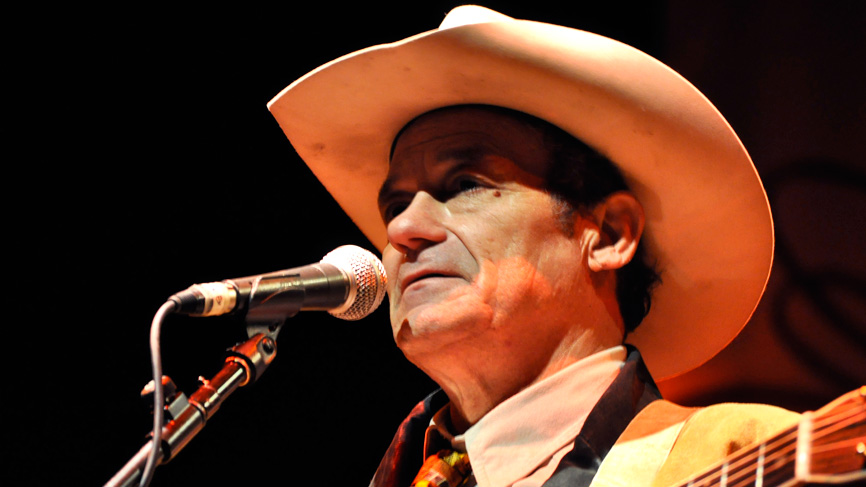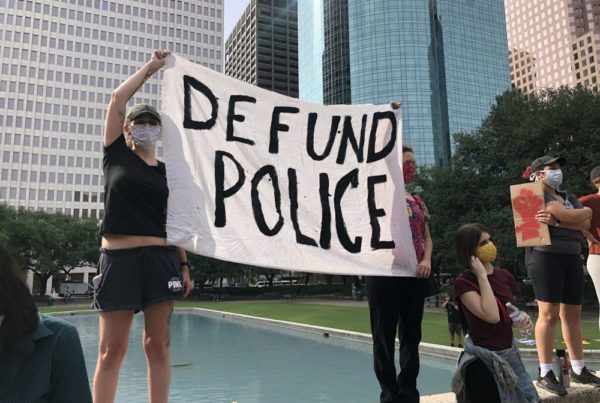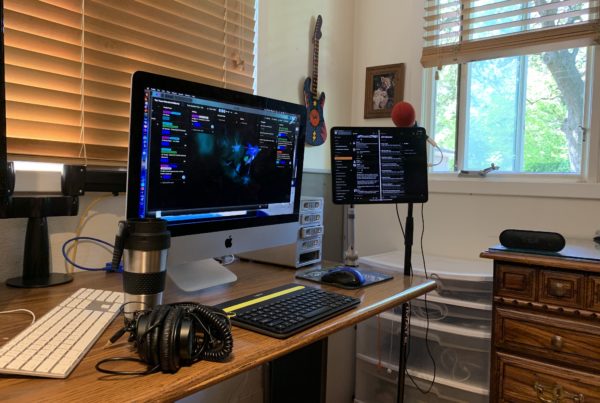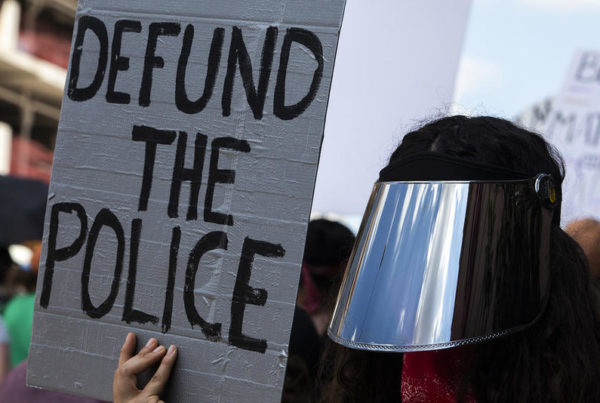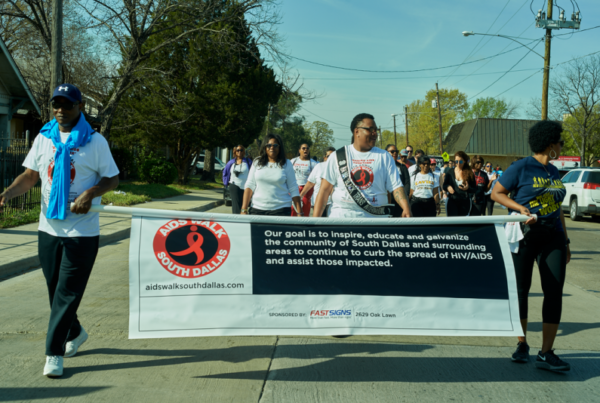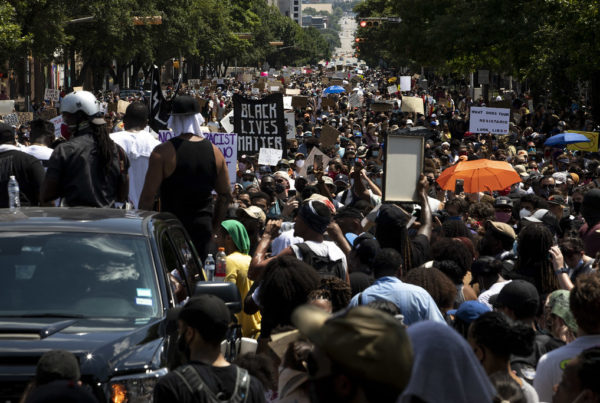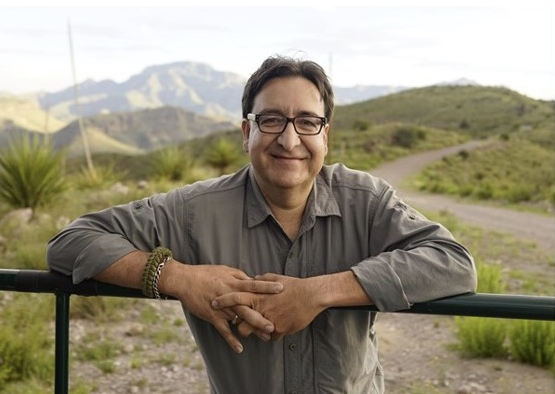I remember when I met him. He came into the studio as if he needed a formal introduction.
“Hi, I’m James. James Hand. From West. West, Texas.”
I knew the place as that town with the kolaches just off 1-35. But to be more precise, he was from Tokio, a small town just east of West. Directions like that might not sit well in an age of GPS, but James Hand never lost his bearings.
In a cowboy hat and an embroidered shirt, with a vocal quiver that always seemed about to slide into an easy yodel, James Hand was often compared to Hank Williams, and any Texas honky tonk seemed like home whenever he took the stage. He didn’t like the comparisons to the greats.
“I’m just James Hand” , he’d say.
When James Hand died on June 8, the cause was unannounced. He was 67 – or maybe 68. No one seems quite sure. But fellow musicians from across Texas showered his name with the very sort of praise he never seemed to want to claim for himself.
James Hand had been singing all his life, but he didn’t record his first album until 1999, when he was in his late 40s. That album, indeed, all of his recordings – was so sincere and straightforward that descriptions like “hard-core country” do a disservice.
“Life wrote the songs,” he once told an interviewer: “All I have to do is remember the words.”
But the word most used to describe James Hand was ‘authentic’ . Willie Nelson once called him “the real deal”.
I once asked him what song influenced him most. Without pausing to think he said “‘Houston,’ by Dean Martin.”
He must have seen my jaw drop to the floor because he began to explain without prompting.
“See, we used to have an old cistern in the back yard. A cistern. You know, one of those great big old tanks to hold water and it was always dry. And when I was a little boy I’d go out there and lie on my back looking up and sing that Houston song like Dean Martin did on the records. With the echoes and whatnot. And I’d dream I’d be a singing star someday.”
In between gigs, he’d spent some time as a horse trainer, and later as a truck driver.
“I liked the speed” he said, not exactly explaining, but letting it just sit out there for a moment. And then, as if to answer the question before it could be asked, he looked down and then up again. “I ain’t nobody’s role model. I’ve done a lot of bad things I ain’t proud of. But I’m glad I’ve got my music and people like you.”
And by “you” it was as if he really meant you. As if that was what really mattered most.
It wasn’t uncommon for James Hand to make the rounds of the tables during a set break, offering a personal hello and a hearty thanks for coming to every person in the room. But he also wanted to know your name, where you were from. And I can hear him repeat it out loud in that drawl – like he could hardly believe it, himself – that people would come from far and wide to see him perform.
But after all, a James Hand show was never a show. You came for the real deal: earnest and unpretentious – simple stories of heartbreak, hard times and a longing for the promise of heaven, straight from the heart of Texas. West. Texas. Just a bicycle ride away from a lonely cistern in Tokio.


